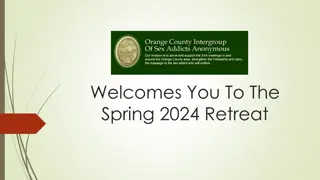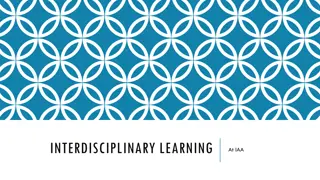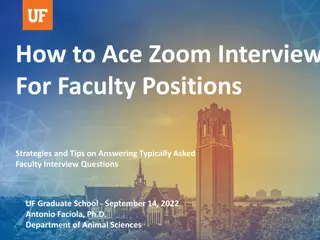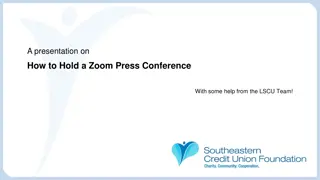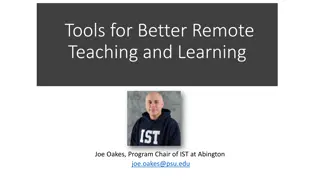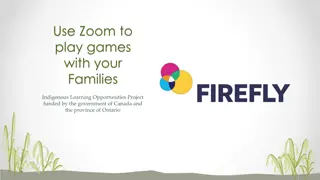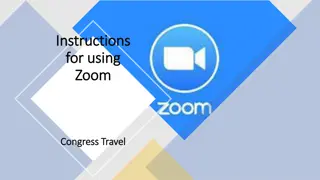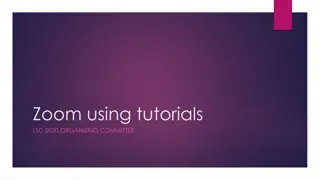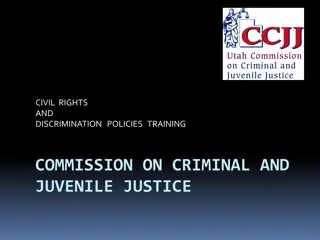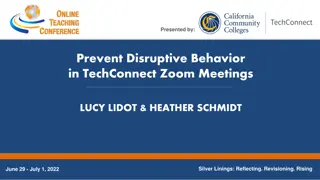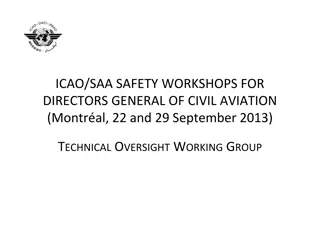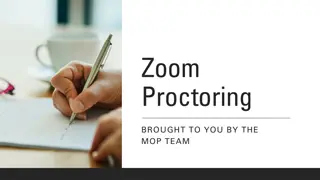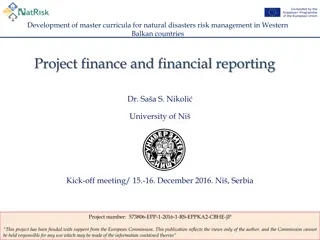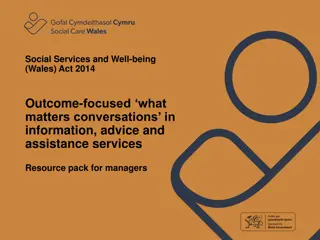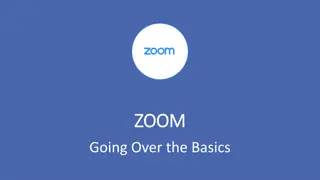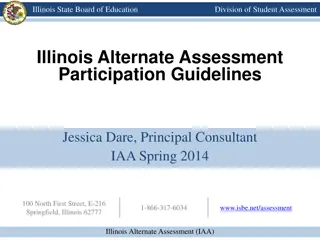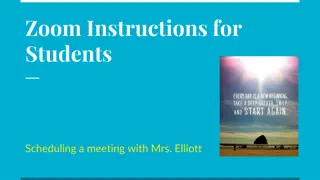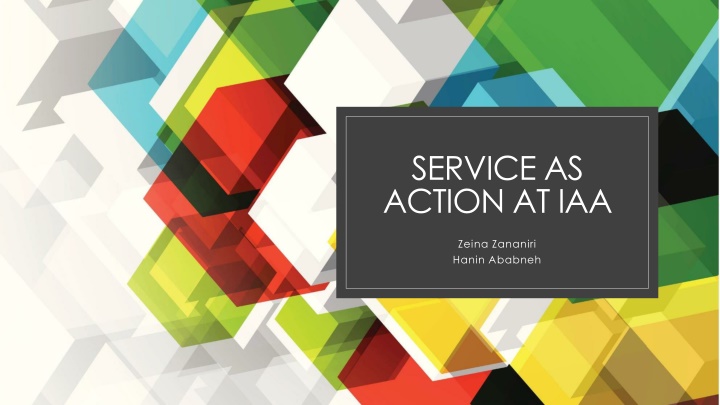
Service as Action at IAA - Empowering Students Through Service Learning
Explore how the International Baccalaureate program at IAA fosters active, compassionate, and lifelong learners through service as action. Discover the various types of service activities, MYP outcomes, and the structured approach to service learning units at IAA. Engage in creating a better and more peaceful world through education and intercultural understanding.
Download Presentation

Please find below an Image/Link to download the presentation.
The content on the website is provided AS IS for your information and personal use only. It may not be sold, licensed, or shared on other websites without obtaining consent from the author. If you encounter any issues during the download, it is possible that the publisher has removed the file from their server.
You are allowed to download the files provided on this website for personal or commercial use, subject to the condition that they are used lawfully. All files are the property of their respective owners.
The content on the website is provided AS IS for your information and personal use only. It may not be sold, licensed, or shared on other websites without obtaining consent from the author.
E N D
Presentation Transcript
SERVICE AS ACTION AT IAA Zeina Zananiri Hanin Ababneh
IB Mission statement The International Baccalaureate aims to develop inquiring, knowledgeable and caring young people who help to create a better and more peaceful world through intercultural understanding and respect. To this end the organization works with schools, governments and international organizations to develop challenging programmes of international education and rigorous assessment. These programmes encourage students across the world to become active, compassionate and lifelong learners who understand that other people, with their differences, can also be right.
Types of Service Direct Students interact with recipients Indirect Students do not interact directly with the recipients but offer a service remotely Research Based Collect information/data to influence a policy or to inform a wider audience Advocacy Speak on behalf of a cause or concern to promote action: raising awareness/ produce a play/ create a video
MYP outcomes of SAA 1. Become more aware of their own strengths and areas of growth 2. Undertake challenges that develop new skills 3. Discuss, evaluate and plan students initiated activities 4. Preserve in action 5. Work collaboratively with others 6. Develop international-mindedness through global engagement, multilingualism, and intercultural understanding 7. Consider the ethical implications of their actions
When and how do we do it? 1 Service Learning Unit per grade level The Service component is embedded in a Disciplinary unit of study (could be an Interdisciplinary Unit- IDU) In grade 6, the Service is related to their PSHE classes Units are planned according to the SAA inquiry cycle (IPARD Cycle) There are 5 stages: Investigating, Planning, Taking Action, Reflecting and Demonstrating (IPARD cycle) Investigating, Planning and Reflecting are mostly completed in class The Action and Demonstrating stages usually take place outside of class (breaks, weekends, afterschool, etc.) The Service component in the unit is not assessed Student work is documented on Google Drive and Google Classroom
Subject Area Where SAA is embedded PSHE Service Component Grade 6 Composting: Students learn about their role in preserving the environment and how they can affect change by learning how to compost Exploring Human Rights Students learn about human rights and the role of the UN; they then work on different projects to express their views on these issues and perhaps offer solutions Polio or COVID 19 Eradication Campaigns Students use language to affect change by creating campaigns and initiatives that support patients The Jordan Narrative project Students investigate the journey of migrants, immigrants and locals who constitute the Jordanian society and learn how to tell their narratives Grade 7 Individual and Societies (Eng.) Grade 8 IDU: Individuals and Societies (Eng.)+ English Language & Literature + Science IDU: Individuals and Societies (Eng.) + English Language & Literature Grade 9 Grade 10 English Language & Literature Civil Society Research: Students learn about global social issues and relate them to local issues.
Questions Thank you

